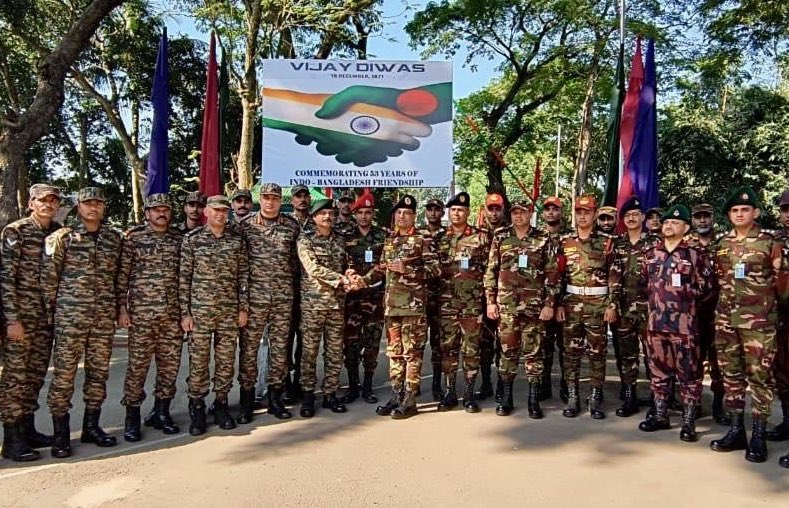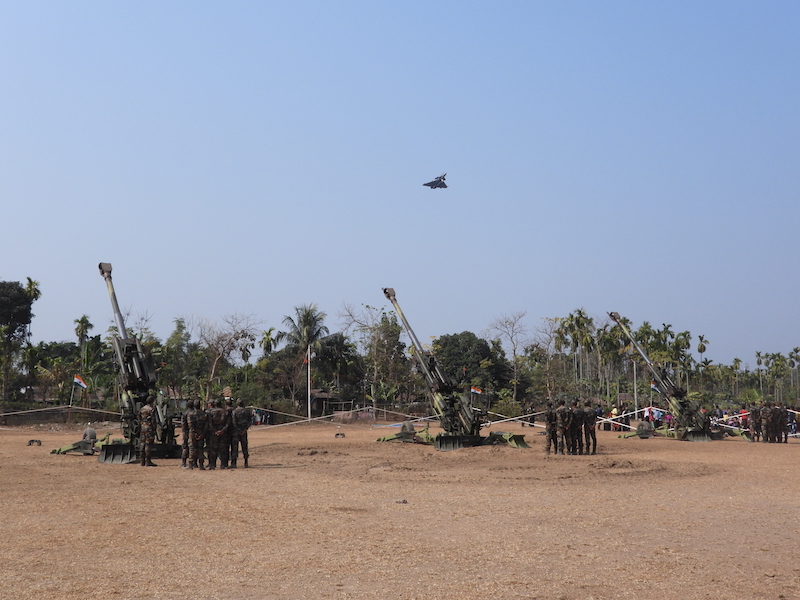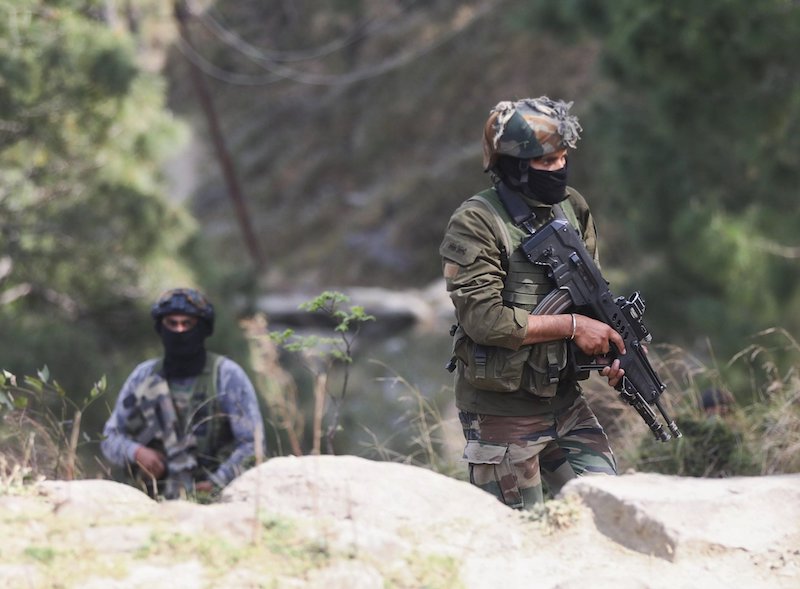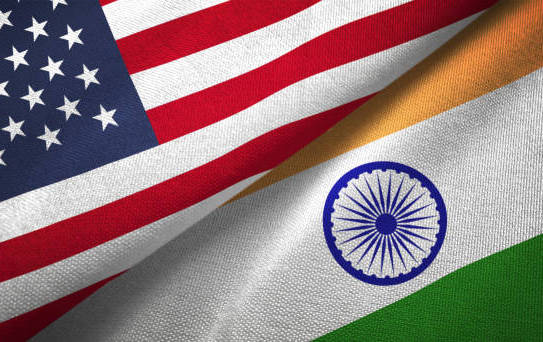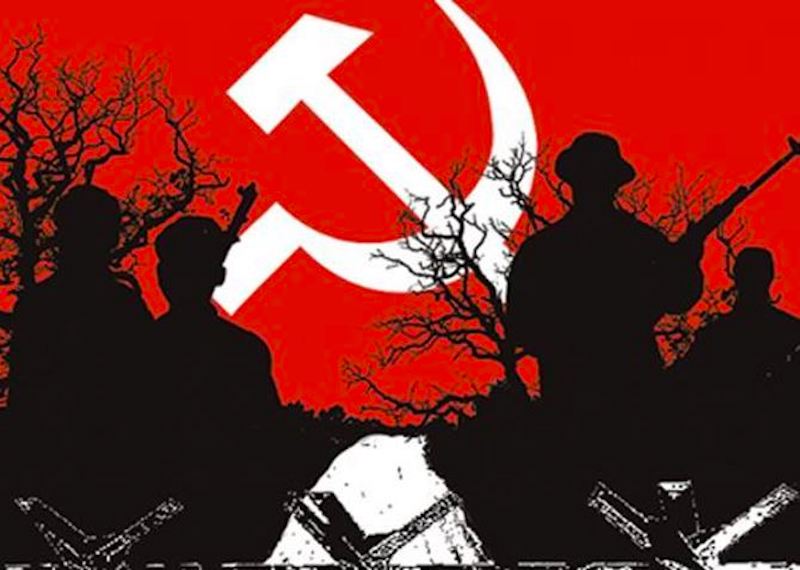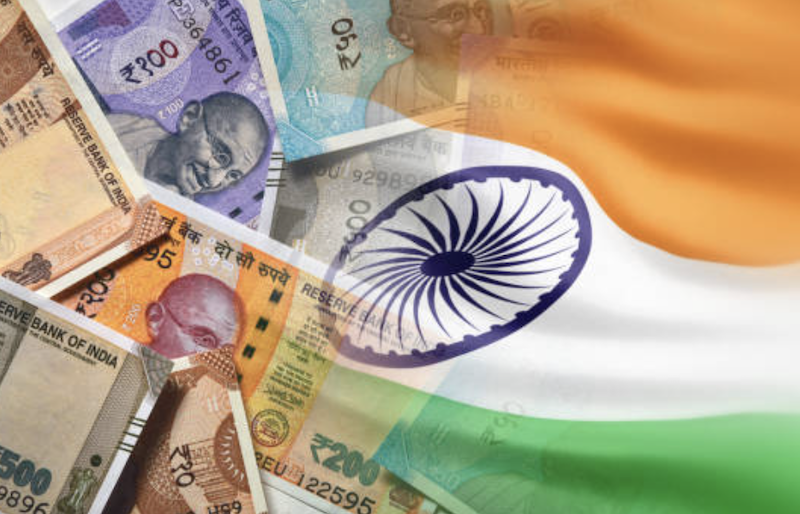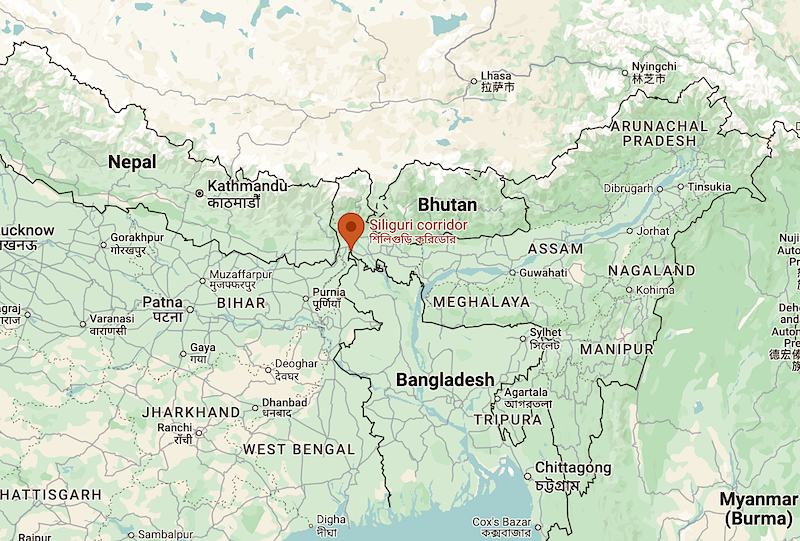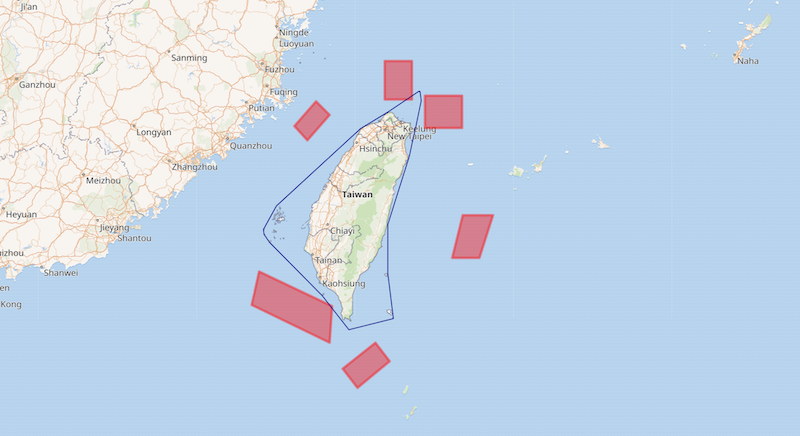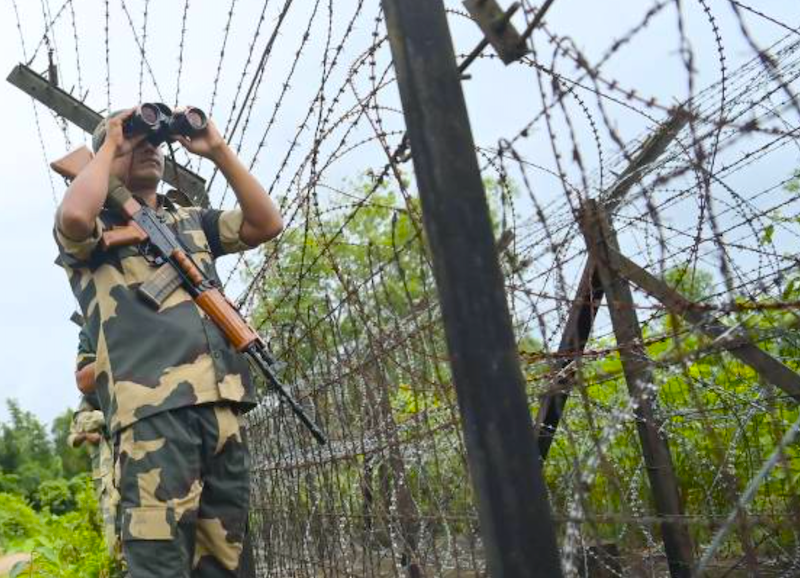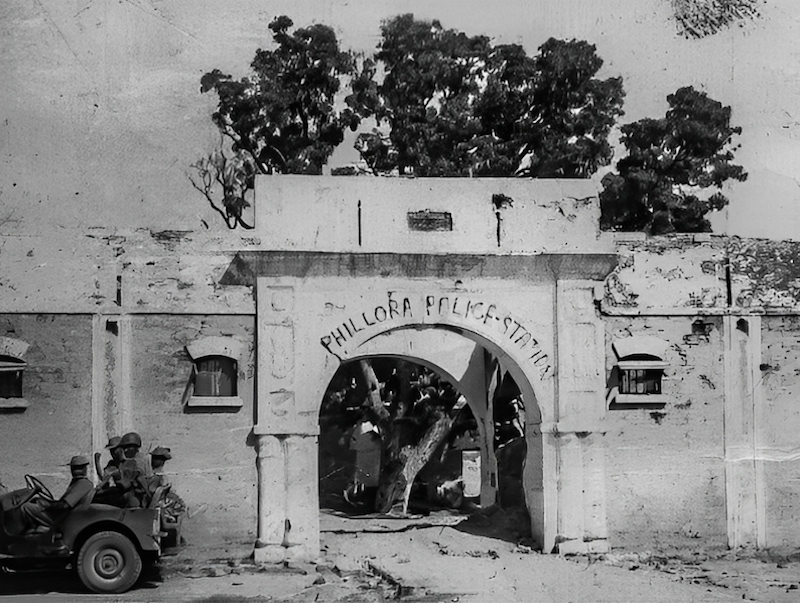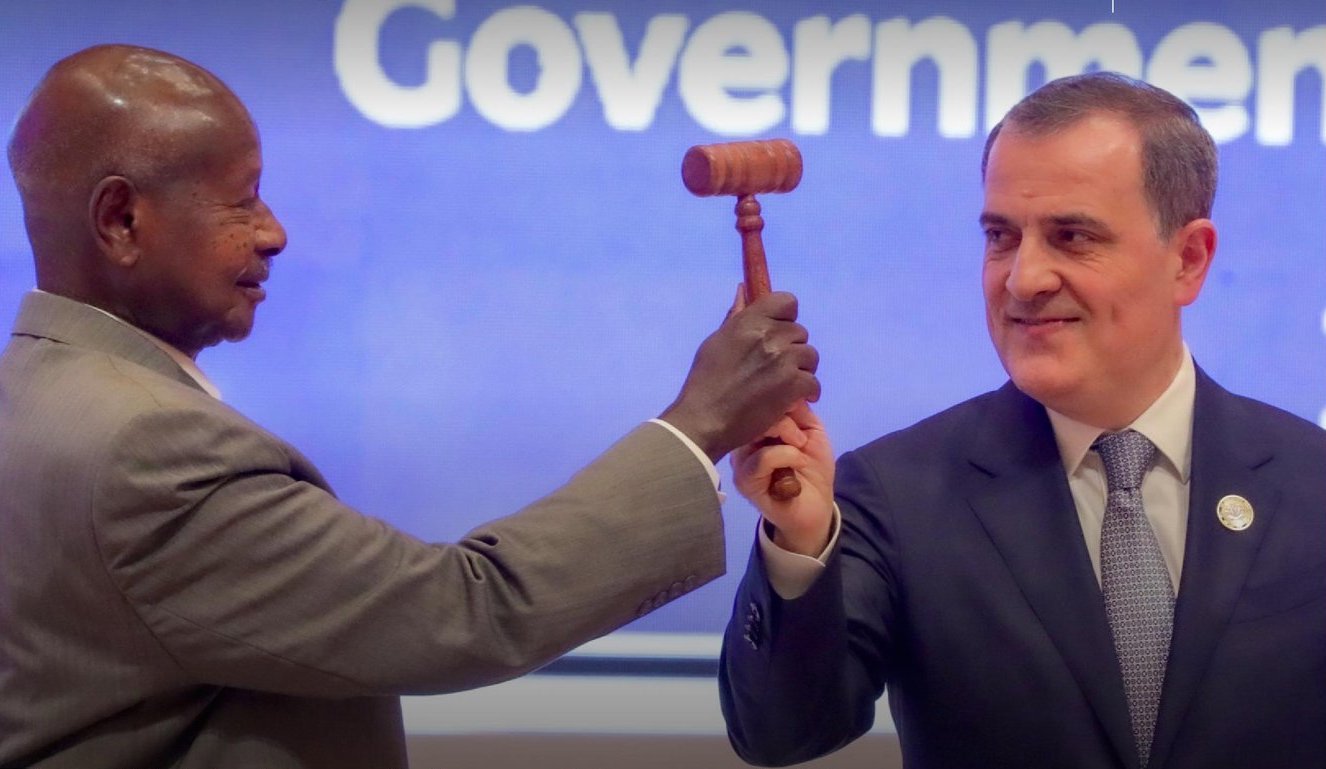 Uganda’s president, Yoweri Kaguta Museveni (L), receives a symbolic gavel from Azerbaijan’s foreign minister, Jeyhun Aziz Ogu Bayramov, at the opening ceremony of the 19th Summit of Heads of State and Government of the Non-Aligned Movement in Kampala, Uganda, on January 19, 2024. (Photo: X/@NAM_Uganda)
Uganda’s president, Yoweri Kaguta Museveni (L), receives a symbolic gavel from Azerbaijan’s foreign minister, Jeyhun Aziz Ogu Bayramov, at the opening ceremony of the 19th Summit of Heads of State and Government of the Non-Aligned Movement in Kampala, Uganda, on January 19, 2024. (Photo: X/@NAM_Uganda)
“Those who forget history and do not learn from it are condemned to repeat it.” ~ Winston Churchill
The British wartime prime minister’s above remark, coming from excerpts of his 1948 speech delivered in the House of Commons, was purportedly made against his predecessor whose failure to re-equip the country with requisite arms and ammunition made World War II ineluctable. On one hand, Churchill cast aspersions on the dark side of colonialism. On the other, paradoxically, he, the great liberator of Europe, opined that colonialism should have continued in Asia and Africa in the wake of winning World War II.
The Non-Aligned Movement, which India manned as a founding member in 1955, was established in the aftermath of the World War II, ostensibly with a view to safeguard the country’s sovereignty and integrity from the evil designs of colonialists. It is well known that during the 1950s and later, a sizable number of countries were unshackled from the chains of colonialism. They joined the NAM en bloc; and soon the organization became a force to be reckoned with, playing a pivotal role as a mouthpiece for the freedom of its members in the world besieged by the Cold War.
With diplomatic sleight of hand, its most vocal member countries introduced in its organizational charter the “neutralist policy” to be followed by other member countries. Under the diplomatic scheme of things, member countries would resist temptations and allurements offered either by the capitalist west or the communist east to make them their allies. Instead, in the quagmire created by the two superpowers – United States and Soviet Union, the organization opted for the middle path and stood tall as the “third formidable forum”.
As a matter of fact, nothing illustrated the NAM as a power broker more explicitly than the “swing votes” at the United Nations courted by the east and west blocs. It provided succour to erstwhile have-not countries. The proof of the pudding is in the eating. The fact that most countries in the world refused to kowtow to either bloc spoke volumes about the NAM’s sustenance as an independent entity.
All this notwithstanding, Churchill was seemingly opinionated in his views about countries, including India, that they might have failed to learn from history. Without a powerful deterrent force against colonialism, the possibility for it to resurface again could not be ruled out. It might metamorphose into different forms in sync with a different age.
Undeniably, after the collapse of the Cold War, the NAM’s relevance declined. Many factors which constituted the early and undisputed principles of the movement were blown to smithereens. A case in point is economic self-reliance.
In the NAM charter, self-reliance acquired an ideological role as a bulwark against economic aggression perpetrated by multinationals and monopolistic commercial, financial, and industrial companies. The conflicting nature of statements emanating from member-countries and incidents of trading charges among them on diplomatically impertinent issues led to the belief that the organization had digressed from its chosen path, and its future seemed bleak.
Today, it goes without saying that the war of attrition against colonialism was far from over in the post-war period. What could not be preempted by the NAM to happen was the rising graph of neocolonialist presence in the countries; and its presence manifested itself by controlling countries through money, debt, and media. Herein, the NAM’s purpose remained unfulfilled.
In the context of Britain, the country’s king, Charles III, while on a visit to Kenya, rendered his profound apologies for unleashing the reigns of dictatorial oppression by his many predecessors within the colonized countries. Now, the United Kingdom’s diplomatic intentions are clear. It seeks to enter partnerships with countries based on the motto of mutual respect. A free-trade deal between the UK and India, likely to be implemented this year, may be cited as a case in point. That is slated to pave the way for bringing together the two countries as equals.
But France, once regarded as Britain’s close competitor with respect to setting up colonial hegemony in countries, has not expressed such feelings of remorse over its past deeds. On the contrary, it has the audacity to run its fiefdom of neocolonialism with alacrity.
As a matter of fact, France is running its writ in so-called independent countries of West and Central Africa by controlling two currencies – West and Central African francs. Notably, the two currencies are used by 14 African countries. France’s diktat is that these countries must deposit 50 per cent of their foreign assets in the French treasury. Obviously, France’s intention to maintain economic hegemony over them is loud and clear. These countries have been bearing the brunt of France’s disdainful economic activities for decades after colonialism was considered to have ended.
France cunningly behaved obsequiously with these countries for its own advantages. The desperation of these nations – who are only independent in name and not in reality – could be gauged by the fact that in the past twelve months, almost all countries in French-speaking Africa have asked French military, diplomats, and businessmen to leave their lands for good.
France is engaged in the same agonizing activities against countries in other parts of the world where France has daringly disallowed any further independence.
For instance, in 2021, the French territory of New Caledonia in the South Pacific faced France’s diabolical designs as the last of three independence referendums was deliberately thwarted by security pressure. The island of Corsica in the Mediterranean witnessed the murder of a freedom fighter, which eventually culminated into island-wide riots, in which 76 policemen were injured.
Paradoxically, France has even furthered its neocolonial interests in countries which were never part of its erstwhile empire. In the last two years, France has thwarted plans for a peace process in the South Caucasus, ostensibly to please Armenia with whom it has entered a deal for arms sales. French diplomats have publicly reprimanded Azerbaijan, Armenia’s neighbour. Not only this, but they also instigated the million-strong Armenian diaspora in France to pressurize lawmakers in the French National Assembly to pass laws against Azerbaijan. Also, they left no stone unturned in maligning the country in the French media.
Although it may seem as an unlikely coincidence or no coincidence at all, Azerbaijan is now at the helm of the NAM as its chair. After assuming the office of chair, Azerbaijan had vowed to win back a quarter of its territory known as Nagorno-Karabakh, which was illegally occupied by Armenian neocolonialists for three decades. In the 44-day war against Armenia in 2020 and later a 24-hour military operation against it in 2023, Azerbaijan finally got back all its occupied territories.
The fact of Azerbaijan winning back its occupied territories from Armenia did not go down well with France. It reflected in France’s action of using its power initially and unabashedly to undermine European Union-led peace negotiations from within. It sent senior French politicians – including the mayor of Paris – to Nagorno-Karabakh before its liberation to praise Armenian separatist leaders. In sheer violation of international law related to war, France did not think twice before allowing its own citizens of Armenian descent to fight in the 2020 conflict without penalty.
There were no two opinions about the fact that the NAM was set up to impede such attempts at geopolitical manipulation. Seeing is believing! Azerbaijan’s leadership has resuscitated the group, which is evident from international media in far-off Australia confirming and writing to vouch for it. “There is life in the Non-Aligned Movement yet.”
In January 2024, Uganda will take the chair’s baton from Azerbaijan. To Uganda’s utter discomfiture, it is also shackled with tentacles of neocolonialist powers who have asked this traditionalist country to abrogate a law on child protection. The inherent motive of neocolonialist powers is to spread and teach modern western social mores in Ugandan schools. The Ugandans have outrightly renounced this socially and culturally demeaning directive. It is also for India to stand with Uganda – an independent and fellow NAM member – and repudiate the unwarranted interference in the Ugandan education system.
With the NAM reincarnating in a new avatar, it is high time for all its members, along with India, its co-founder, to get their acts together and set up a cohesive group to fight against the act of usurping the sovereignty and wherewithal of countries by neocolonialists belonging to both western and eastern blocs. India being a large country with the world’s largest population and a robust economy must take the lead for this. If the NAM members do not intervene now and leave the neocolonists unchecked, the latter’s ever-burgeoning presence would make the world poorer, unsafe, and susceptible to conflicts.
Therefore, Churchill’s advice to learn from history has not lost relevance in modern times.
Disclaimer: The views expressed in the article are the author’s own and don’t necessarily reflect the views of India Sentinels.
Follow us on social media for quick updates, new photos, videos, and more
X (formerly Twitter): https://x.com/indiasentinels
Facebook: https://facebook.com/indiasentinels
Instagram: https://instagram.com/indiasentinels
YouTube: https://youtube.com/indiasentinels
© India Sentinels 2024-25

